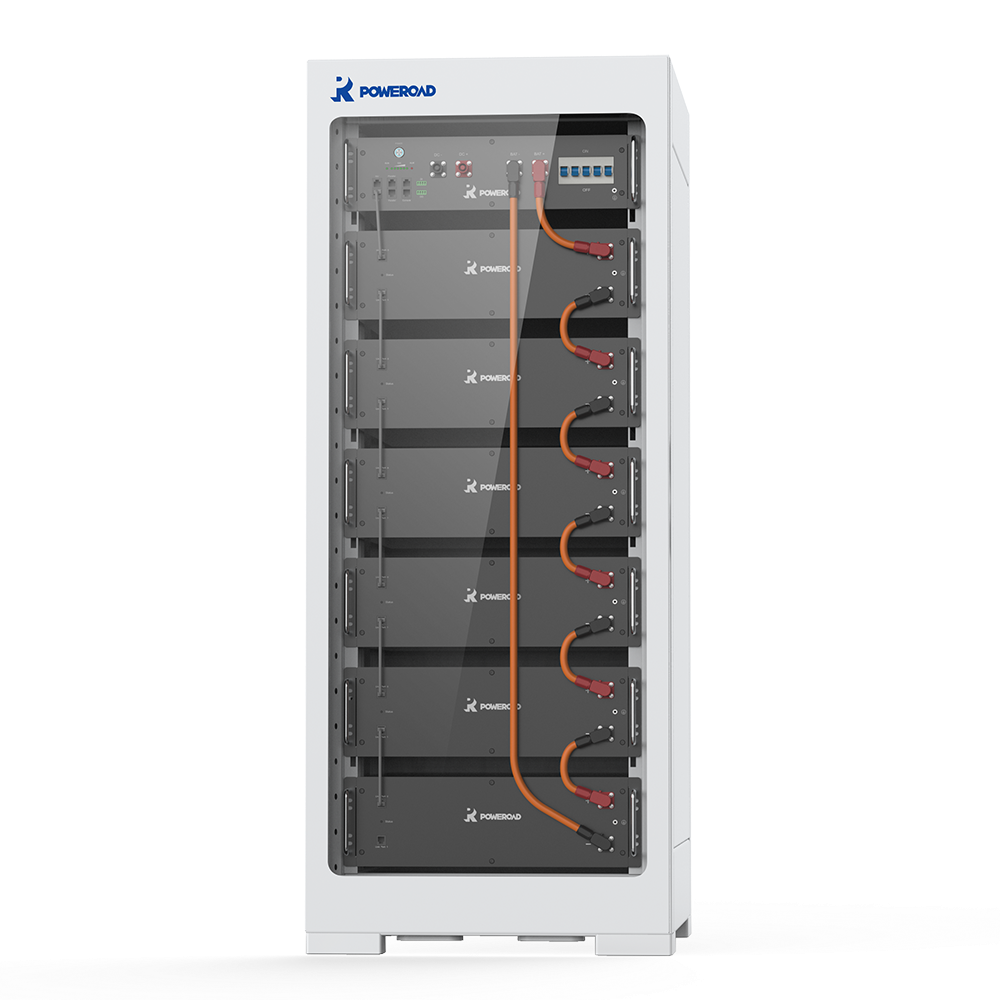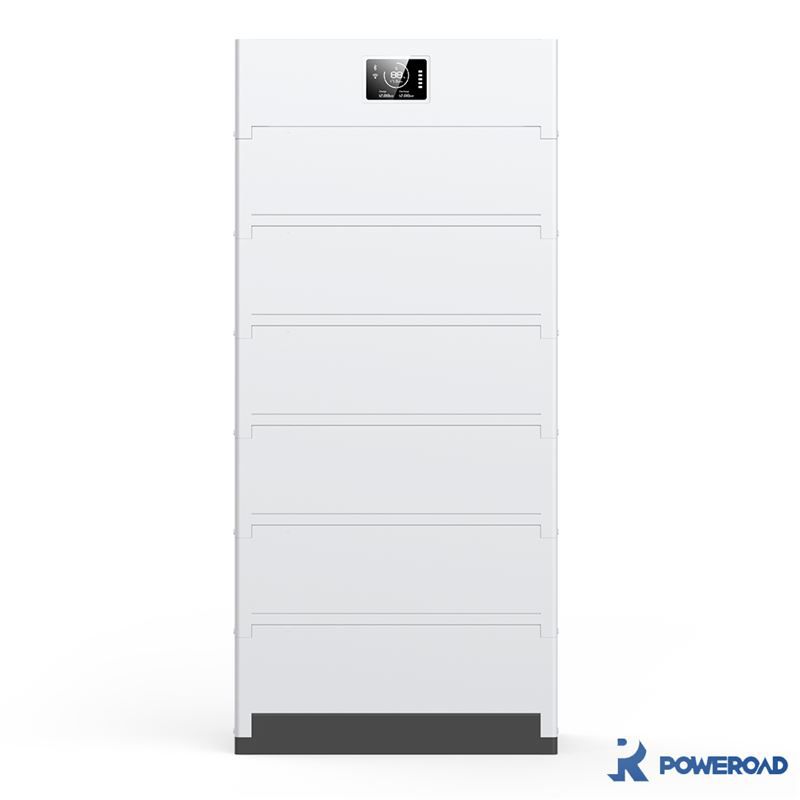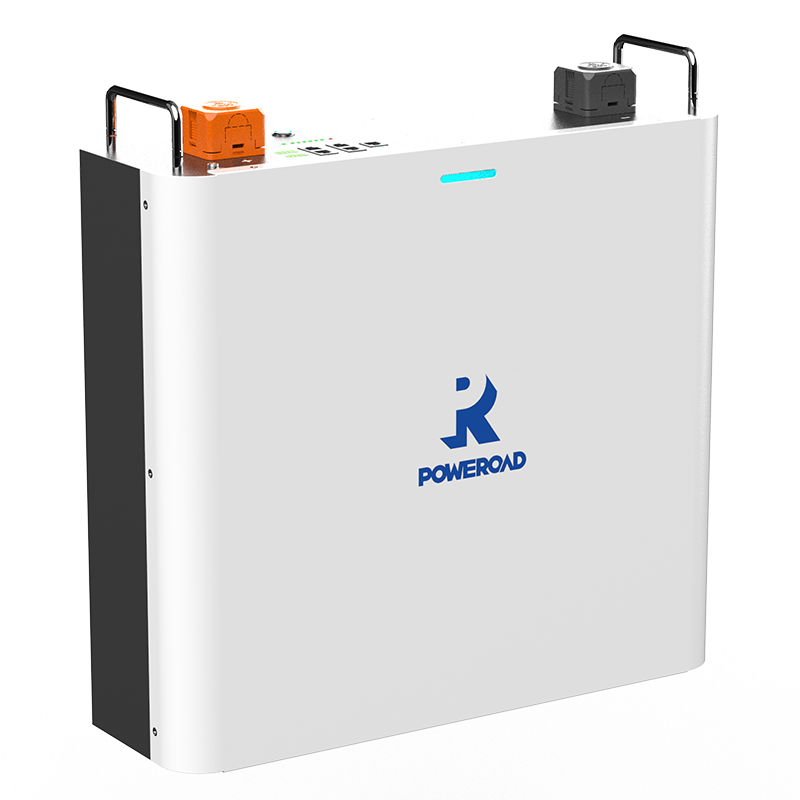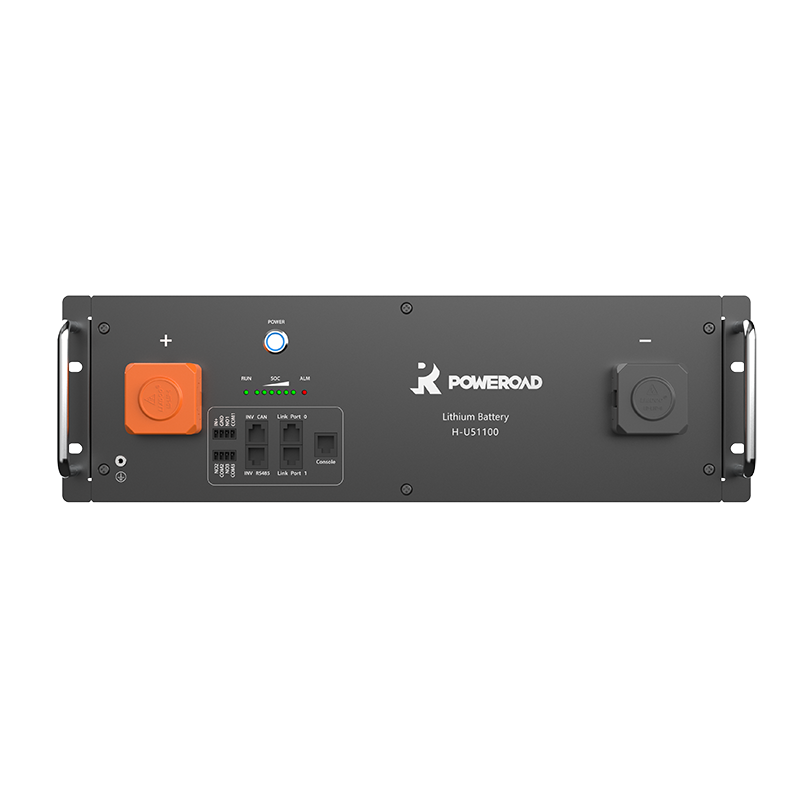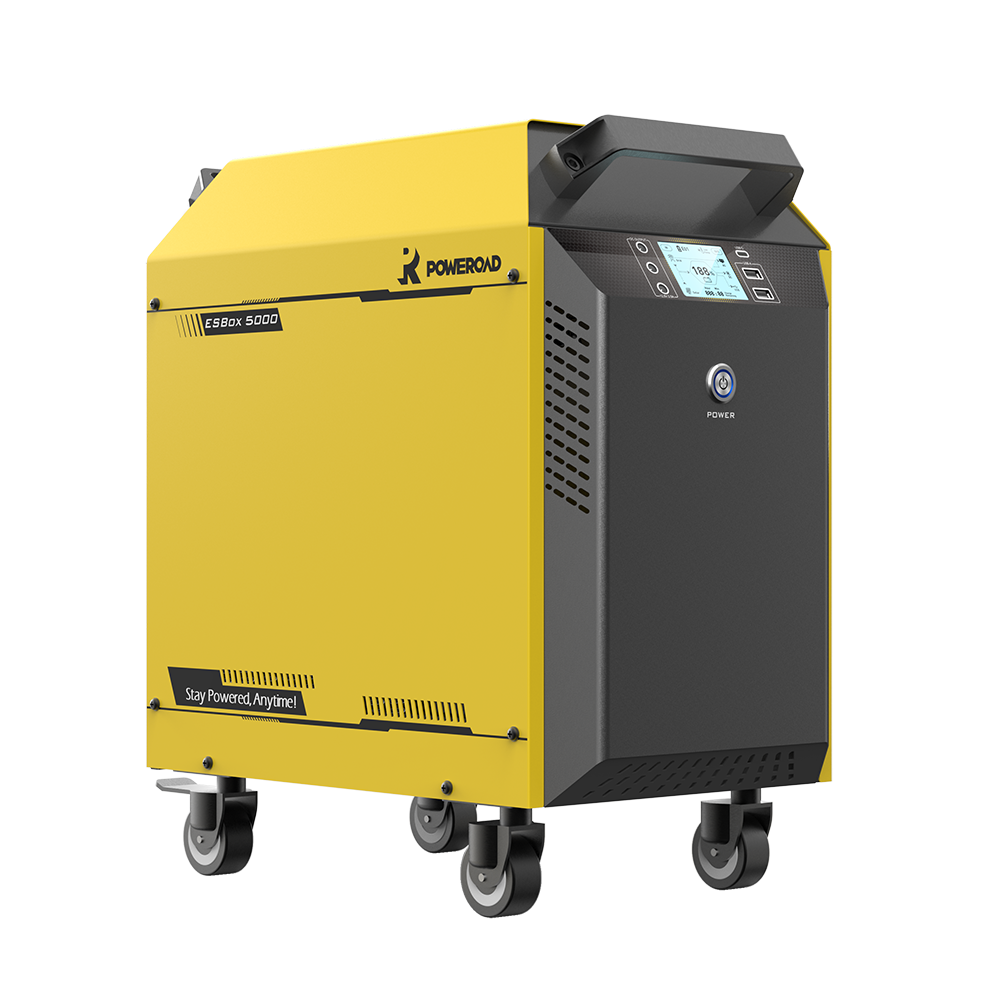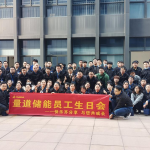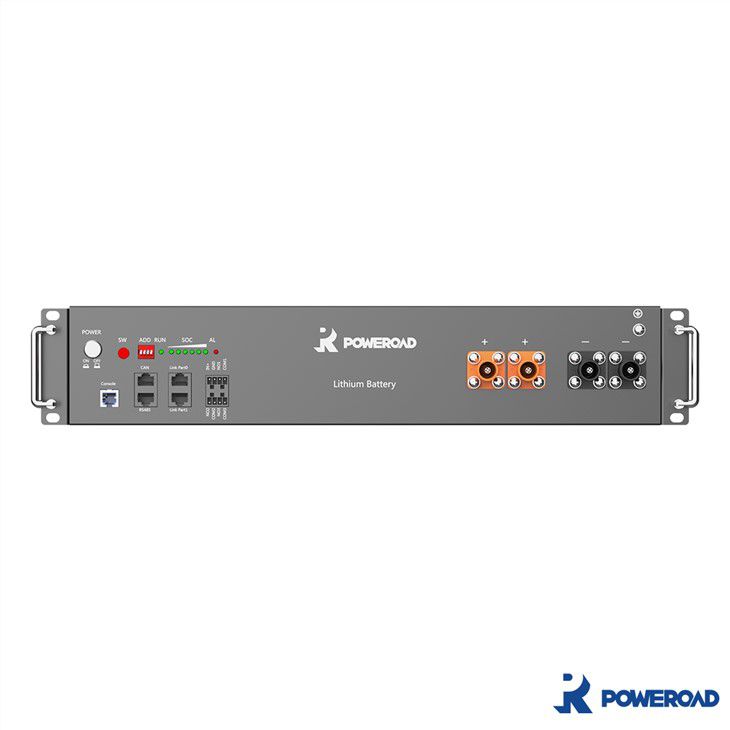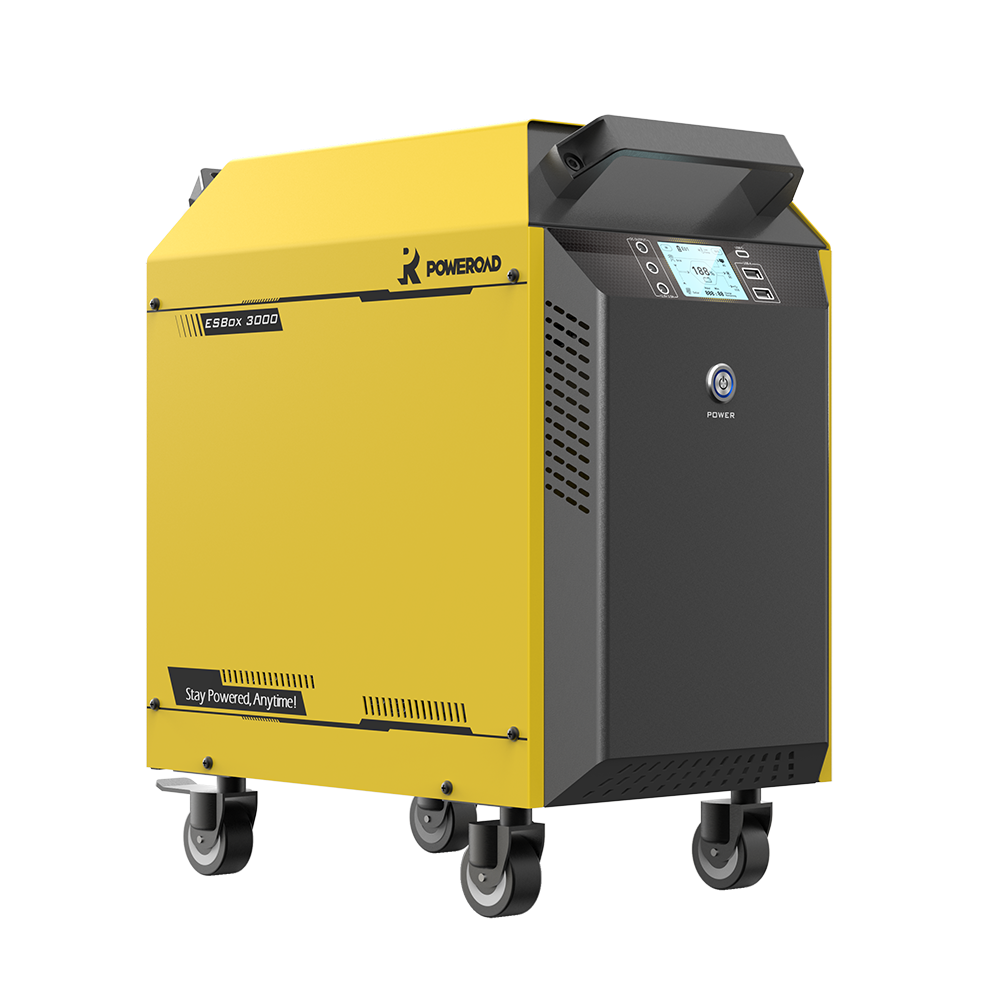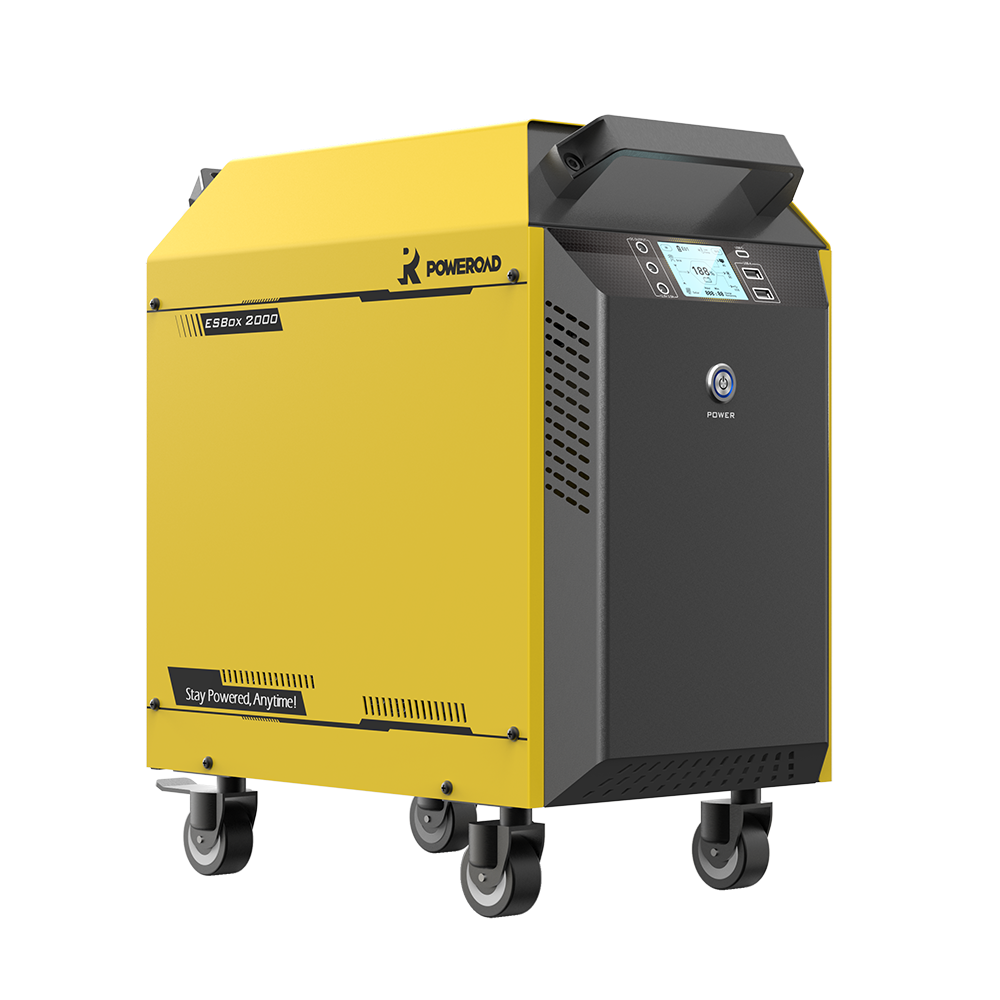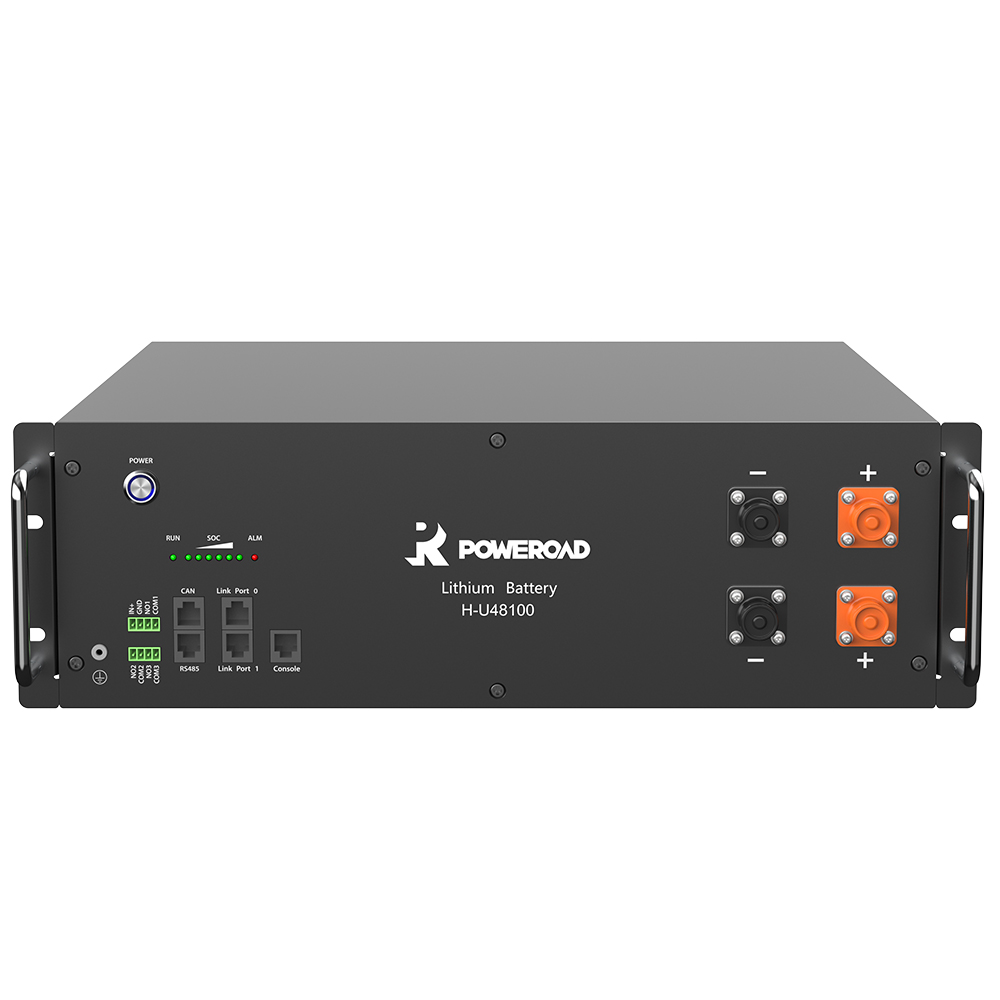As we know, Lithium-ion batteries are generally considered as the environmental-friendly and pollution-free green batteries. Although Lithium-ion batteries do not contain toxic heavy metals such as mercury, lead, and etc., the anode and cathode materials, and electrolyte of the battery are harmful to natural environment and human health. Therefore, waste Lithium-ion batteries need to be recycled to reduce the harm. In addition, the metal content is high in the waste Lithium-ion batteries, recycling waste batteries has a certain economic value under the condition that production resources are gradually shortage.
The recycling process of waste Lithium-ion batteries mainly includes pretreatment, secondary treatment and deep treatment. Because there is still some power remaining in the waste battery, the pretreatment process includes deep discharge, crushing, and physical sorting. The purpose of the secondary treatment is to achieve complete separation of the positive and negative active materials from the substrate. Heat treatment and organic solvent dissolution, Lye dissolution, and electrolysis method are commonly used to achieve complete separation. Deep treatment mainly includes two processes of leaching and separation and purification to extract valuable metal materials. According to the classification of the extraction process, the battery recycling methods can be divided into three categories: dry recycling, wet recycling and biological recycling.

